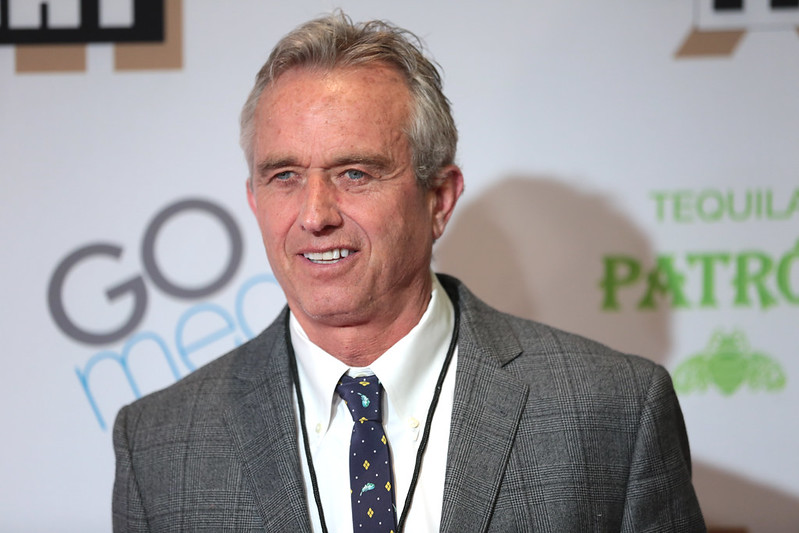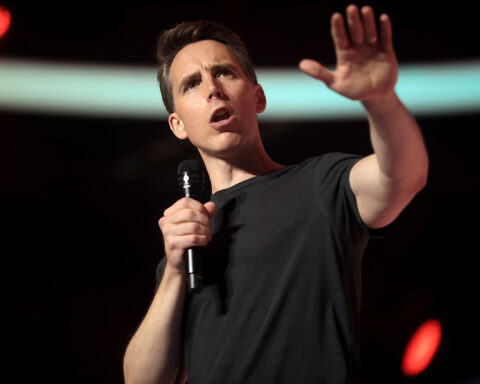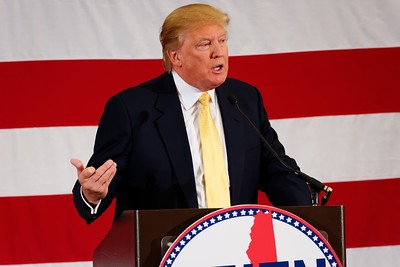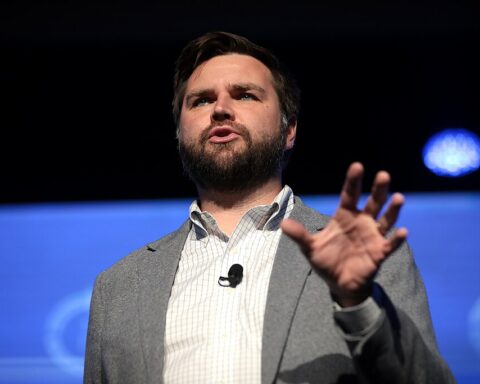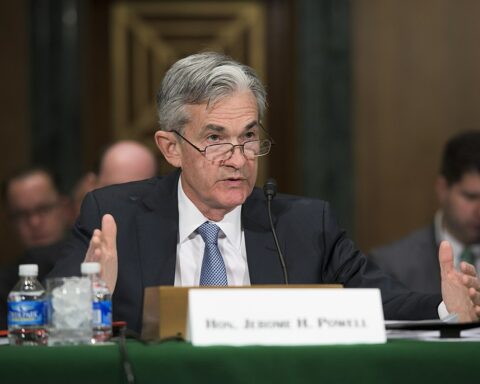Robert F. Kennedy Jr. asked the Supreme Court to issue an injunction over Wisconsin’s presidential ballot.
This emergency petition, which was docketed on Wednesday, formally requests the Supreme Court to remove his name from the Wisconsin presidential ballot.
Kennedy’s push to remove his name from the Wisconsin ballot comes amid a critical moment in the 2024 race.
Wisconsin, a key swing state, has long been viewed as a battleground that could decide the next president.
Recent projections from Decision Desk HQ and The Hill indicate that the contest between Donald Trump and Vice President Kamala Harris is nearly deadlocked in the state.
In such a tight race, even a slight impact from third-party or independent candidates could influence the outcome.
Kennedy has argued that remaining on the ballot in Wisconsin could cause confusion among voters and potentially harm Trump’s chances.
His lawyers pointed out that they have been fighting to remove his name since August, before the ballot was finalized, but faced resistance from the Wisconsin state courts.
Now, Kennedy hopes that the U.S. Supreme Court will step in to rectify what he sees as a violation of his constitutional rights.
Kennedy’s legal team claims that Wisconsin’s election rules unfairly require independent candidates to withdraw their names earlier than major party candidates, a policy they argue violates the Constitution’s equal protection clause.
Additionally, they contend that forcing Kennedy to remain on the ballot compels him to engage in speech he does not support, infringing upon his First Amendment rights.
“In Wisconsin, he wants everyone who will listen to him to vote for Trump. That is core political speech and it’s protected under the First Amendment,” Kennedy’s lawyers stated in their petition to the Supreme Court.
“To ensure that message is conveyed clearly and without confusion, he asked that his name not appear on the Wisconsin ballot. He wanted to be clear: his endorsement was for Trump.”
The timing of this request adds to the complexity of the situation. Wisconsin has already started its in-person absentee voting process, with more than 97,000 people casting their ballots on the first day of early voting alone.
Officials have also been mailing absentee ballots to voters, meaning that Kennedy’s name is already printed on ballots currently in circulation.
If the Supreme Court sides with Kennedy, election officials could be faced with a logistical challenge, requiring them to explain how to manage votes for a candidate who no longer seeks to run in the state.

